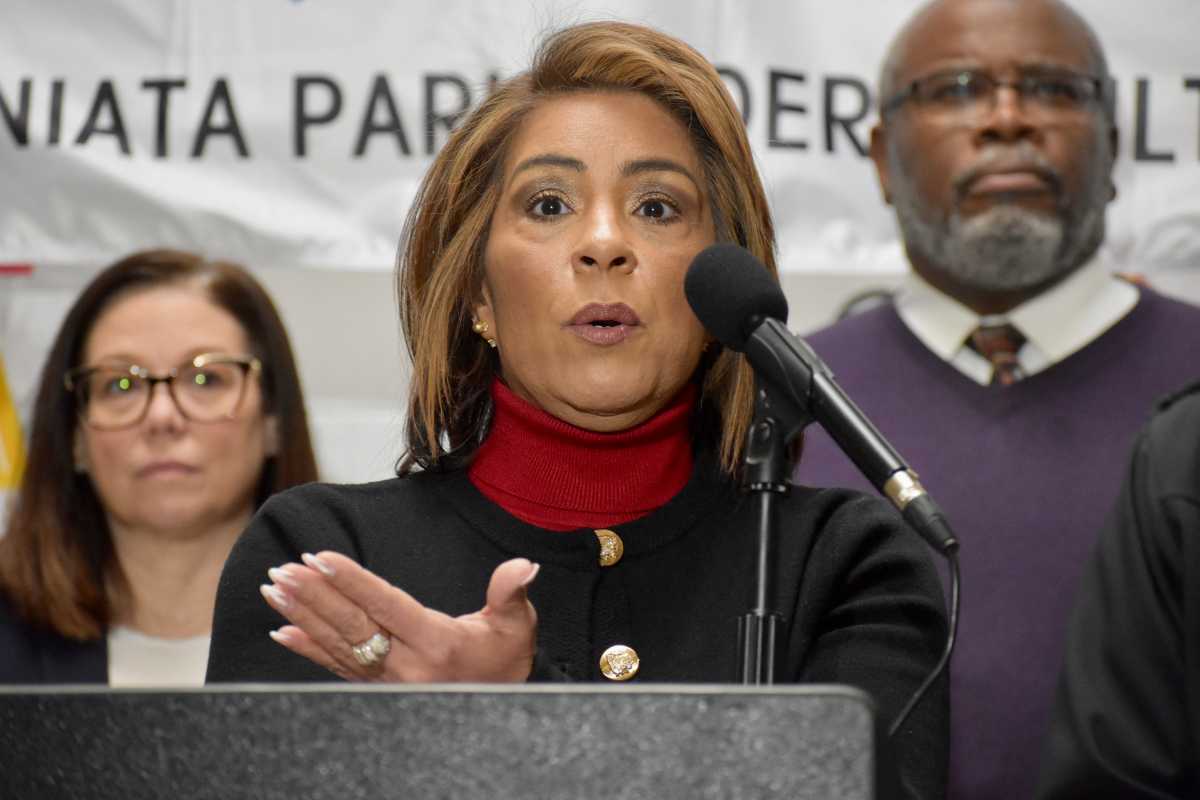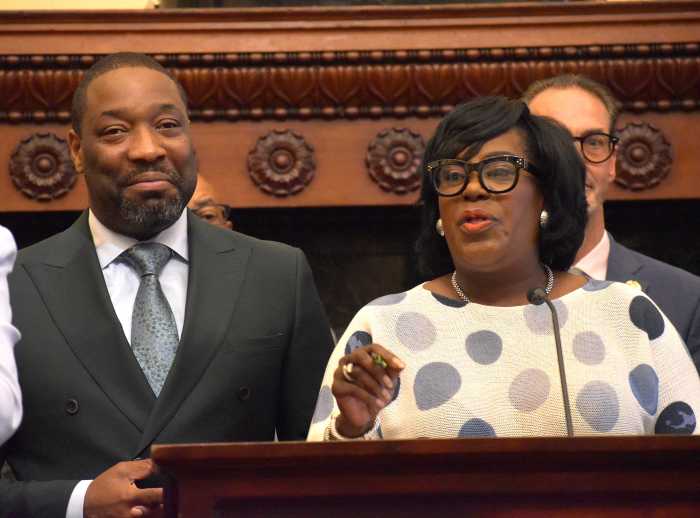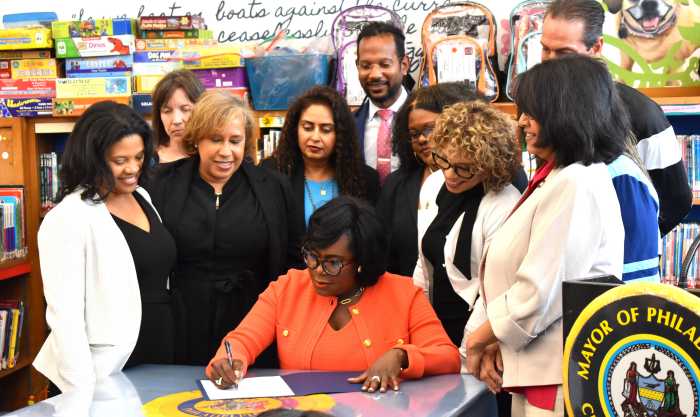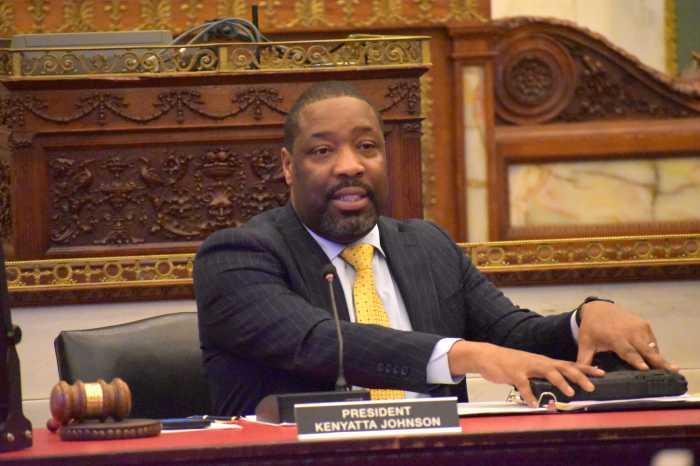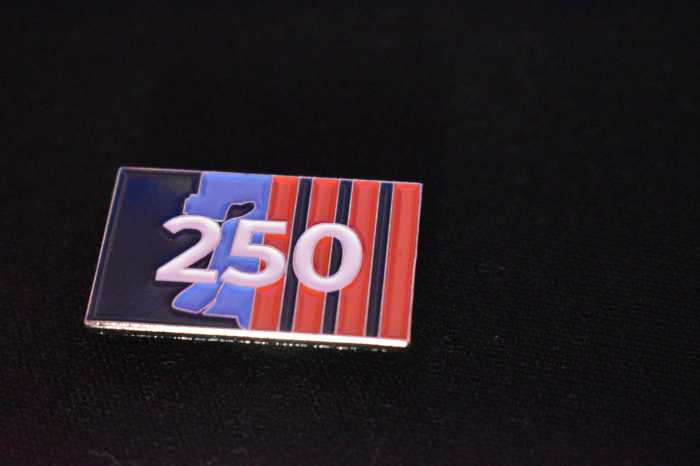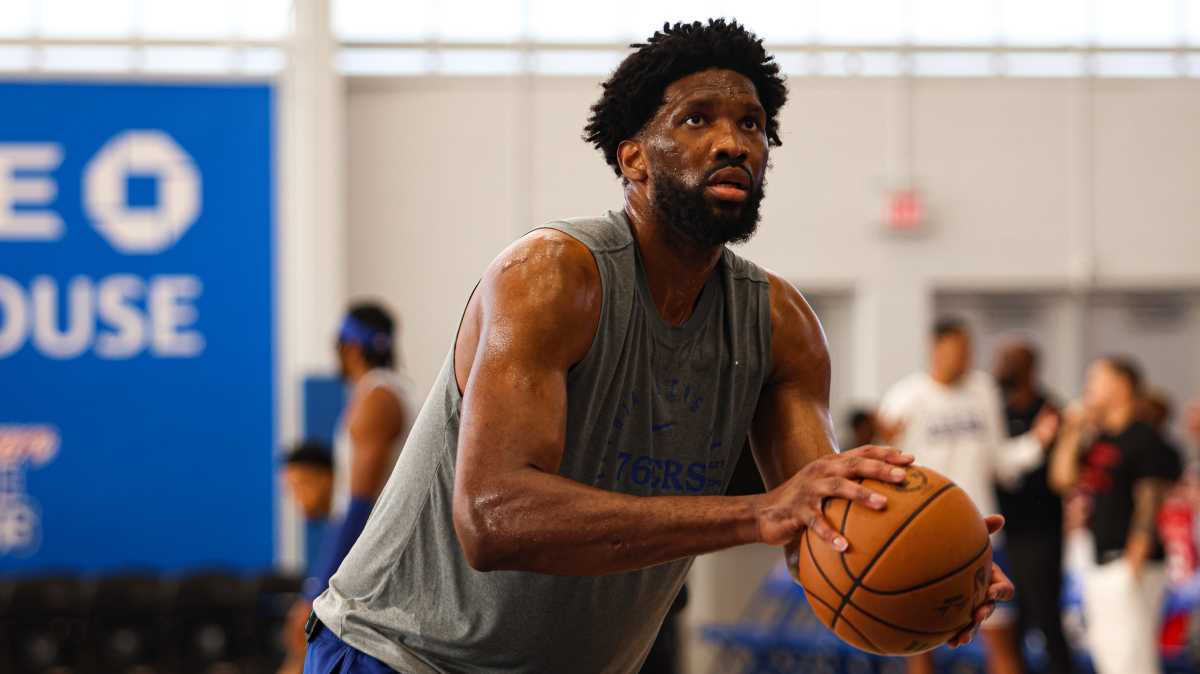City Council members vigorously defended a contested business curfew after it became law Thursday without Mayor Cherelle Parker’s signature.
The bill, approved in June, mandates that businesses close from 11 p.m. to 6 a.m. across a chunk of Philadelphia, with exemptions for liquor license holders, gas stations and establishments that operate solely with a drive through window.
Earlier regulations imposed the curfew on a more targeted area. The new law expands the zone to cover the entire 7th and 8th Council districts, encompassing Nicetown, Frankford, Germantown, Mount Airy, Chestnut Hill and larger portions of Kensington and Fairhill.
While the measure was enshrined into law Thursday, Sept. 11, it will go into effect in 60 days. Violators can be fined $1,000 a day.
The Institute for Justice, a nonprofit libertarian law firm, has organized a campaign against the ordinance, and a coalition of groups, including the Chamber of Commerce for Greater Philadelphia and 5th Square Advocacy, signed onto a Sept. 8 letter asking Council to recall the bill.
“Food trucks are a part of our nightlife,” said Jose Reynoso, who runs the Alta Cocina truck in Juniata, during public testimony at Thursday’s Council session. “This endangers our ability to earn a living. We harm no one. We are not a problem.”
Jennifer McDonald, of the Institute for Justice, told legislators that the curfew will limit access to food, medication and other essentials.
“We understand that nuisance businesses are a very serious problem, and we want to help work with the city to come up with a policy solution that will fix those nuisance business issues without harming the community trucks and economic vitality of our small business owners,” she added.

Council members questioned McDonald about her personal experience in Philadelphia. IJ is based in Arlington, Virginia, and is an organization that partners with businesses across the country, she said.
“The audacity to tell neighbors that they have to put up with something that you’re not putting up with,” 8th District Councilmember Cindy Bass said. “You don’t have to deal with it.”
Councilmember Quetcy Lozada, who represents the 7th District and was the bill’s primary sponsor, argued that the curfew and other regulations are necessary to reduce violence, trash and drug sales and attract businesses to the area.
“For the love of God, when is my community going to catch a break?” a clearly exasperated Lozada said. “We have got to do these drastic pieces of legislation in order to bring structure and order and discipline back into my community.”
Legislators stressed that they welcome law-abiding businesses but vowed to crack down on rule-breakers.
Parker has expressed support for the intent of the law, while acknowledging that the city’s legal team has concerns about aspects of the bill, Leah Uko, the mayor’s press secretary, told Metro. A court challenge is expected.
In a letter to Council dated Sept. 10, Parker wrote that the curfew’s widening geographic area also “introduces operational challenges.”
While she declined to sign the bill, Parker did not veto it, allowing it to become law. Council voted 16-0 to pass the measure on June 5.
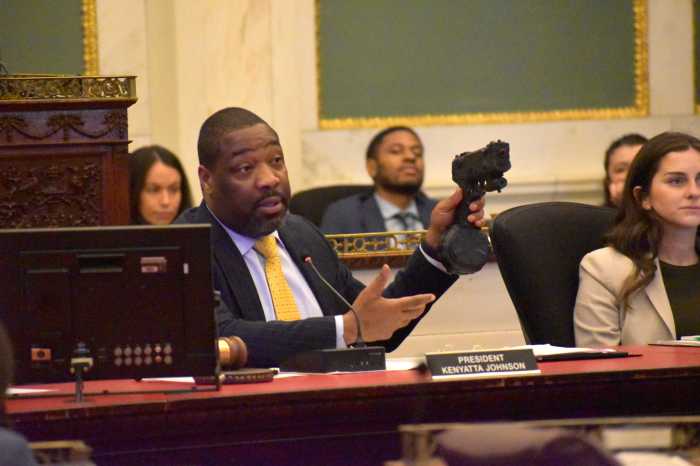
Tackling ‘nuisance businesses’ seems to be a priority for Council, which reconvened Thursday following a summer recess.
Majority Leader Katherine Gilmore Richardson introduced a pair of bills aimed at clamping down on establishments that flout regulations. Lawmakers also passed a resolution calling for a hearing on unregulated substances, such as Kratom and Delta-8, often marketed at such businesses.
Council President Kenyatta Johnson noted that predatory stores have long been a concern in predominately Black and brown neighborhoods.
“It’s always been a focus of City Council,” he added. “No one is trying to stop businesses from operating here in the city of Philadelphia.
“They should be held accountable. It’s not about shutting businesses down.”



